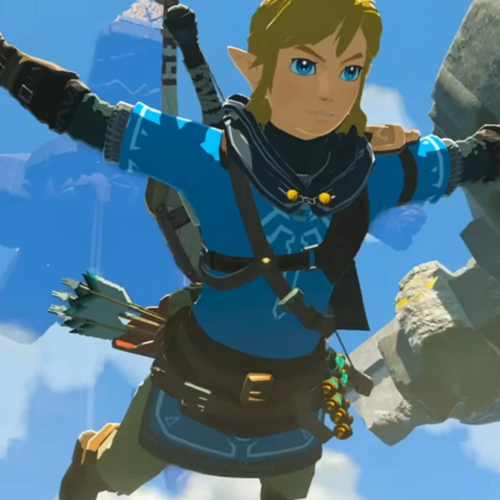The Legend of Zelda: An Epic Legacy in Gaming

Jamal Habib

The Legend of Zelda: An Epic Legacy in Gaming
The Legend of Zelda franchise stands as one of the most influential and beloved series in video game history. Created by the visionary minds of Shigeru Miyamoto and Takashi Tezuka and developed by Nintendo, the series first enchanted gamers in 1986 with its original release on the Nintendo Entertainment System (NES). Over the decades, The Legend of Zelda has grown from a pioneering action-adventure game into a cornerstone of gaming culture, known for its intricate plots, expansive worlds, and the silent yet profoundly brave protagonist, Link.
A Journey Begins
The inception of The Legend of Zelda was inspired by Miyamoto’s childhood explorations of the hillsides, forests, and caves surrounding his home in Kyoto, Japan. These adventures translated into a game that emphasized exploration, puzzle-solving, and action, set in the fantastical land of Hyrule. The series introduced players to the hero Link, Princess Zelda, and the villain Ganon, embroiling them in a perpetual struggle over the sacred relic, the Triforce. The original game’s open-world concept was revolutionary, granting players unprecedented freedom to explore its vast and mysterious world at a time when linear gameplay was the norm.
Evolution and Expansion
The Legend of Zelda series has evolved significantly with each new entry, transitioning from 2D to 3D with the groundbreaking “Ocarina of Time” on the Nintendo 64 in 1998. This transition set a new standard for 3D action-adventure games, introducing mechanics like Z-targeting for combat and a day-night cycle that affected gameplay. Each subsequent title has built upon its predecessors, from the seafaring adventures of “The Wind Waker” to the open-air exploration of “Breath of the Wild,” the series has continually pushed the boundaries of what action-adventure games can be.
Franchise Expansion and Partnerships
The success of The Legend of Zelda has led to the creation of new franchises and partnerships, further solidifying its legacy. “Hyrule Warriors,” a collaboration between Koei Tecmo and Nintendo, merged the hack-and-slash gameplay of the Dynasty Warriors series with the characters and settings of The Legend of Zelda, offering a fresh take on the universe. Additionally, Link’s guest appearances in games like “Soul Calibur II” showcased the character’s versatility and the franchise’s wide appeal. These crossovers and spin-offs have introduced The Legend of Zelda to new audiences and gameplay styles, while collaborations with other franchises have highlighted its cultural significance.
Cultural Impact and Popularity
The Legend of Zelda’s impact on gaming and pop culture is immense. Its influence can be seen in countless action-adventure games that followed, with developers citing it as a major inspiration. The series has been praised for its music, storytelling, and innovation, receiving numerous awards and accolades over the years. Its iconic characters, symbols, and music have become ingrained in popular culture, appearing in everything from merchandise and fashion to concerts celebrating the series’ memorable scores.
Conclusion
The Legend of Zelda franchise has not only defined the action-adventure genre but also captured the hearts of players around the world with its enchanting worlds, memorable characters, and innovative gameplay. As the series continues to evolve with each new installment, it remains a testament to the enduring appeal and influence of Link’s timeless adventures. From its humble beginnings on the NES to its latest iterations, The Legend of Zelda continues to be a beacon of creativity and exploration in the vast universe of video games.
